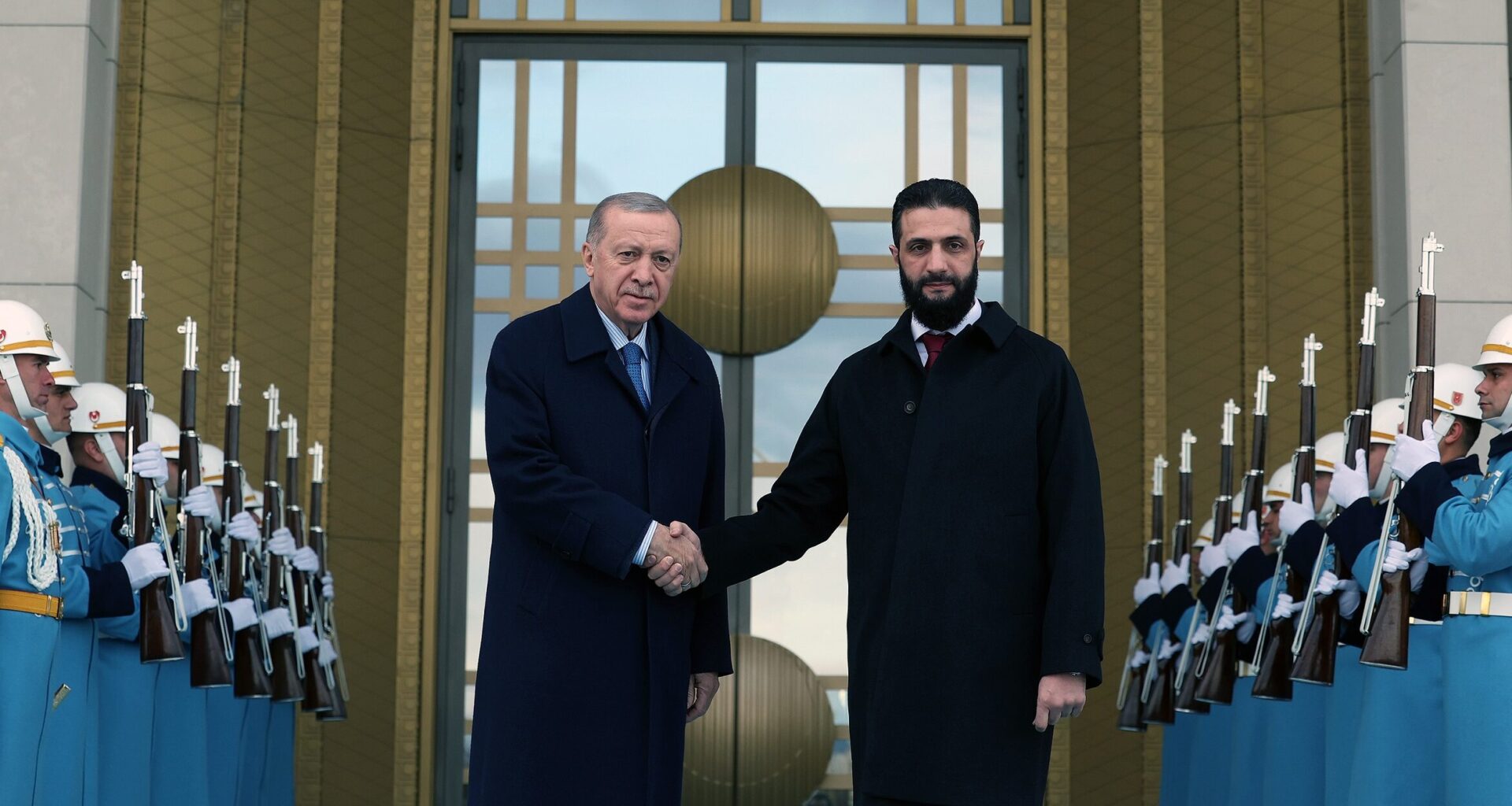[Damascus] Both Lebanon and Turkey have recently appointed new ambassadors to Syria, reopening direct diplomatic ties with Damascus after more than a decade of rupture or merely symbolic representation.
The timing of these two decisions—by nations with sharply divergent stances on the Syrian conflict—suggests the onset of a new era of political pragmatism in dealing with Damascus, motivated by intertwined security, economic, and political concerns.
In Beirut, the cabinet approved the appointment Henry Jean Coston, Lebanon’s first ambassador to Damascus since 2013.
A veteran career diplomat, Coston has served in Lebanese missions in Liberia and Mali and is noted for his expertise in navigating sensitive issues within challenging political climates.
For years, the Lebanese Embassy in Damascus was headed by chargés d’affaires—most recently Farah Berri—without a formally appointed ambassador, reflecting the chill in bilateral relations since the start of the Syrian crisis in 2011.
The decision comes alongside the suspension of the Syrian-Lebanese Higher Council, reflecting an attempt by both countries to modernize how they communicate and leave behind the old mechanisms shaped by Syria’s influence in Lebanon.
Lebanese analysts called the move a “necessary repositioning,” driven by the shared crises facing both countries—chief among them the Syrian refugee situation, which has placed heavy domestic pressure on the Lebanese government, along with ongoing border security and trade concerns.
In a similar but largely symbolic step, Turkey’s Foreign Ministry announced the appointment of Deputy Foreign Minister Nuh Yilmaz as Ankara’s ambassador to Damascus — the first since diplomatic ties were cut in 2012.
Yilmaz, a prominent figure in Turkish diplomacy, previously served in the National Intelligence Organization (MIT) and has held key posts focused on Middle Eastern affairs. His appointment is part of a slow-moving normalization process between Ankara and Damascus, guided by security and foreign policy officials over the past two years under Russian mediation.
Turkish officials see the restoration of diplomatic representation as meeting Ankara’s need for direct coordination with Damascus on the Syrian refugee issue and border security in northern Syria. It also serves to strengthen Turkey’s political and military presence in the areas under its control through formal diplomatic channels rather than indirect contacts.
Diplomatic analysts say the parallel Lebanese and Turkish appointments point to a broader regional shift in how governments are approaching Damascus. The trend follows Syria’s return to the Arab League last year and the gradual resumption of ties at different levels by Arab countries including Saudi Arabia, the United Arab Emirates, and Jordan.
While Lebanon’s move is rooted in domestic economic and security concerns, Turkey’s is driven by strategic interests tied to refugees and border security—making the return to formal representation with Damascus a pragmatic step rather than a political gesture.
Still, the road ahead for the new ambassadors is likely to be difficult. Deep-seated tensions, competing regional agendas, and unresolved issues—from refugees to reconstruction—will continue to stand in the way of a full normalization of relations.
Between Beirut and Ankara, the motives differ, but the result is the same: Damascus is once again returning to the table of official relations after more than a decade of isolation.
The appointments of Henry Coston and Nuh Yilmaz not only reestablish diplomatic representation but also signal a broader regional shift in how Syria is perceived, from a lingering security challenge to a political reality that must be engaged.
Amid these fast-moving developments, Damascus seems to stand at the threshold of a new chapter, one that could be described as a quiet return to the regional stage through the doors of diplomacy.
